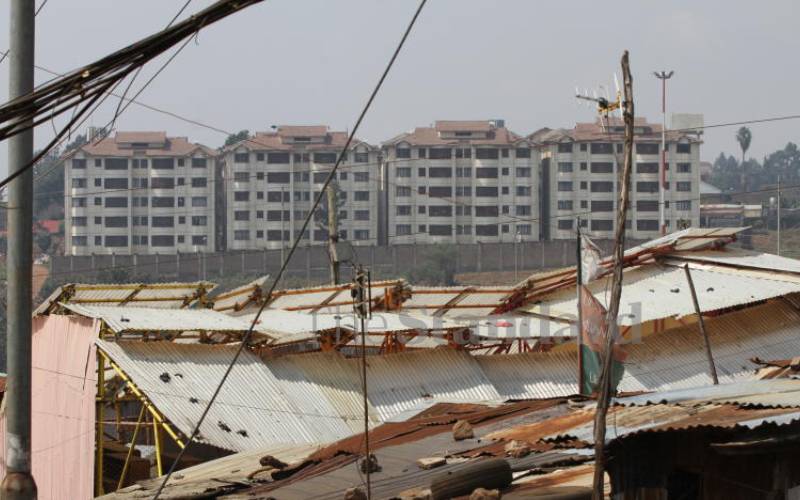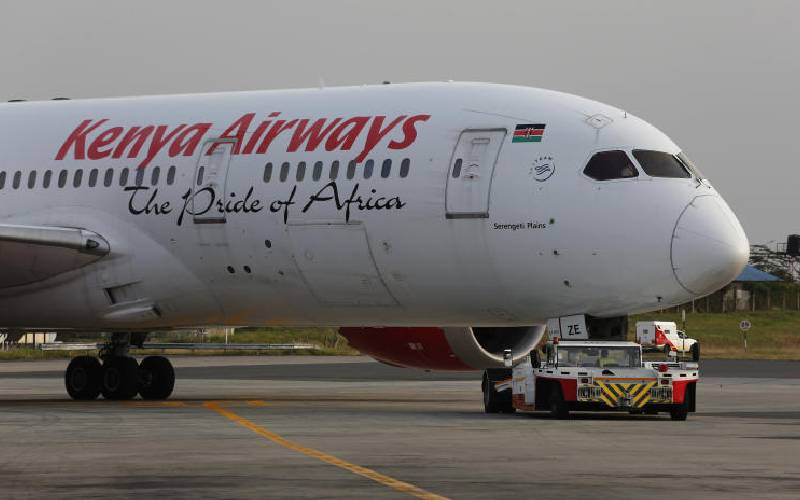×
The Standard e-Paper
Stay Informed, Even Offline

A section of Kibra slums, Nairobi. [Elvis Ogina, Standard]
You do not need binoculars or a power presentation with graphs, diagrams and soundtracks to tell how life in the city has become expensive for some Nairobians.







